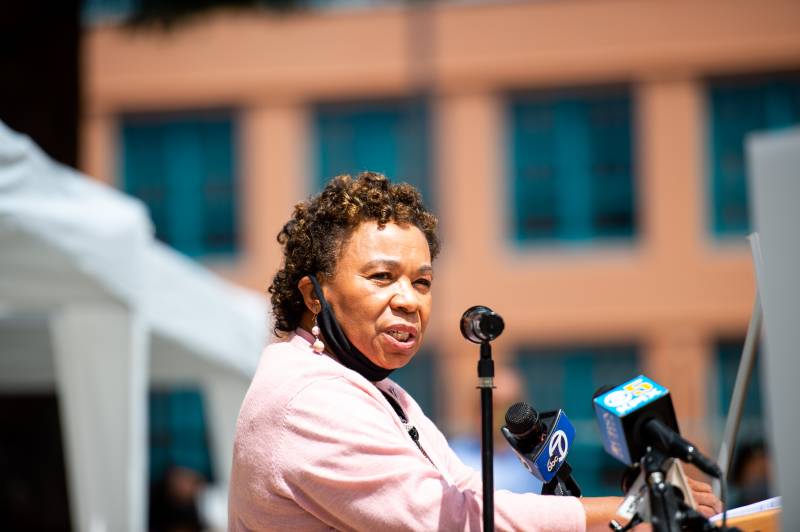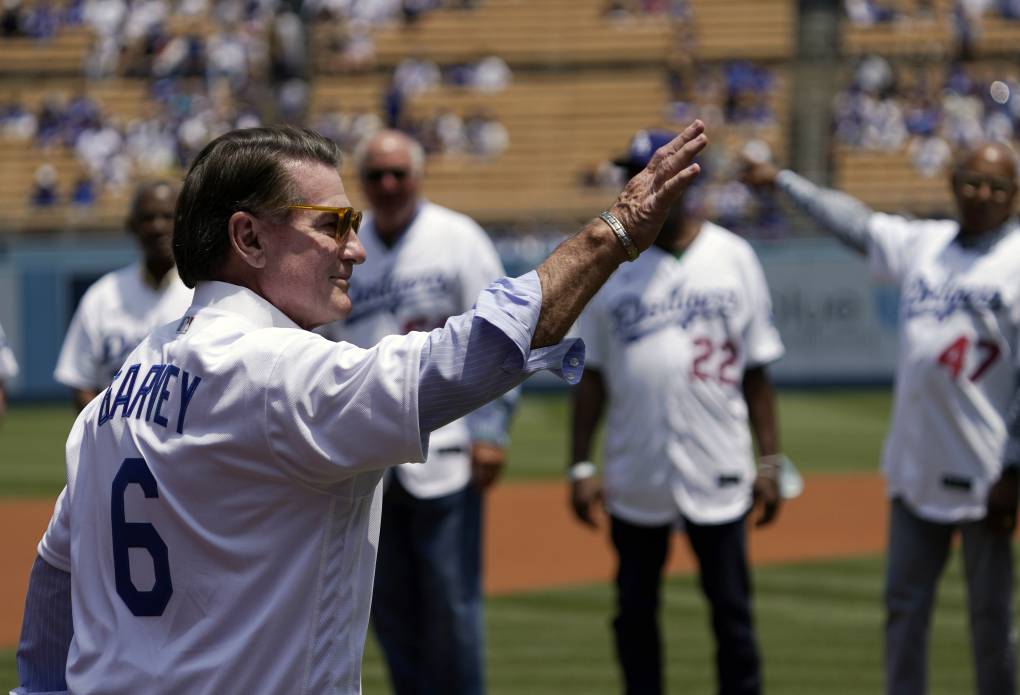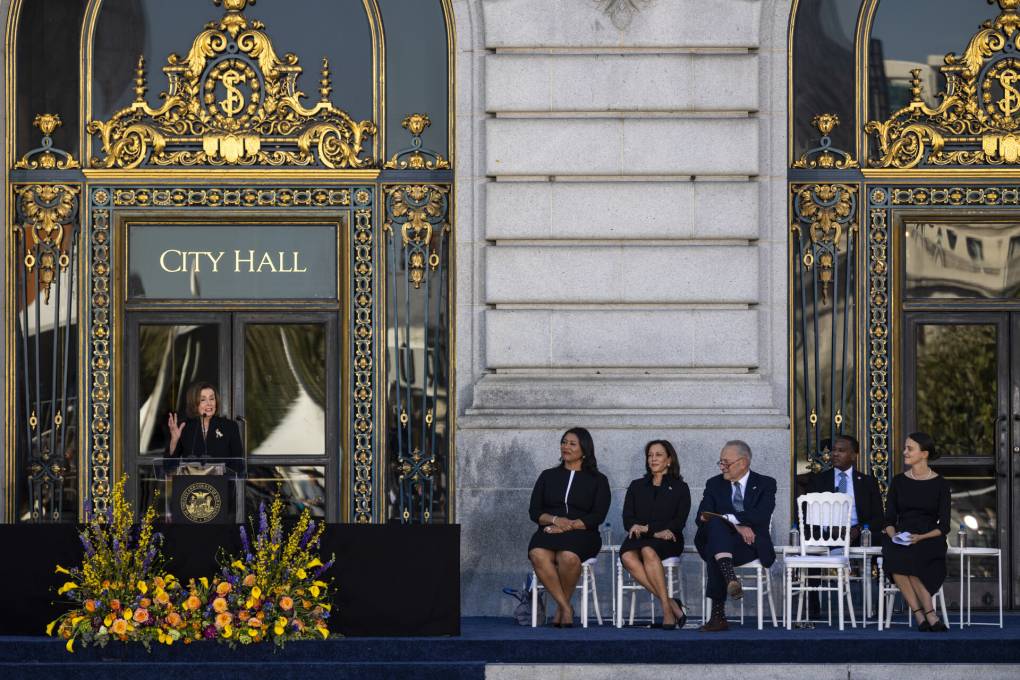"[Lee] has been a lifelong champion and fighter for racial justice and equality," said Steve Phillips, founder of Democracy in Color, a San Francisco-based political organization, and author of the book How We Win the Civil War. "And there are very few people in politics in this country, period, who can put their resumes up against Barbara Lee’s on that front."
Lee was born in 1946 in El Paso, where her mother worked with the NAACP to integrate the University of Texas. After she and her family moved to Southern California in 1960, Lee picked up the mantle of civil rights warrior. As she told KQED’s Political Breakdown in 2018, she fought to integrate her high school cheerleading squad in the San Fernando Valley.
"I was literally 15 years old, and I said, 'I really want to be a cheerleader and I can't because I don't look right,'" Lee said. She teamed up with the NAACP, which approached the school and urged them to change the process for selecting cheerleaders to make it more fair.
"And guess what? I won. So I was the first African American cheerleader at San Fernando High," Lee recalled.
Years later, as a single mother on public assistance, Lee went on to attend Mills College in Oakland, where she headed up its Black Student Union. In 1972, she invited Shirley Chisholm, the first Black woman elected to Congress, who was running for president that year, to speak to students on campus. The experience helped fuel her interest in politics.
"She said, 'You have got to register to vote and get involved because you can't stay on the outside, you know, looking in and fighting from the outside,'" Lee told KQED.
Around that time, Lee also coordinated fundraising efforts for the Oakland mayoral campaign of Black Panthers’ leader Bobby Seale, and later went on to work for Rep. Dellums, whose seat she would eventually take over.
In Congress in 2001, Lee gained national recognition when she famously cast the lone vote against giving President George W. Bush the authority to go to war with Afghanistan just days after the 9/11 attacks.
"Our country is in a state of mourning," she said before casting her vote. "Some of us must say, 'Let's step back for a moment. Let's just pause just for a minute and think through the implications of our actions today so that this does not spiral out of control.'"
Just after casting the lone dissenting vote, Lee told KQED that some friends and colleagues had urged her to change her mind and support the war authorization. "They said, ‘Barbara, you cannot let this one red light (signifying a no vote) stay up on that where you've got to change it. This is going to kill you literally, and your political life," she said.
But she stood her ground, and her vote against the war has stood the test of time, as the U.S. did in fact get mired in Afghanistan for nearly 20 years, costing thousands of lives, with little to show for it. In a blatant indication of defeat, Pres. Joe Biden in 2021 withdrew U.S. troops under violent, chaotic conditions, after the U.S.-backed president fled the country, leaving it under the control of the Taliban, much as it had been when the U.S. entered the conflict two decades earlier.
In her bid to replace Feinstein, who is 89 and has faced questions about her mental fitness, Lee, who will be 78 in November 2024, will also have to overcome the issue of age.
"I don't think it's a question just of chronological age as much as attitude in relationship to the status quo," said Phillips of Democracy in Color. "For young people, I think it's who's the biggest challenger to the status quo."



